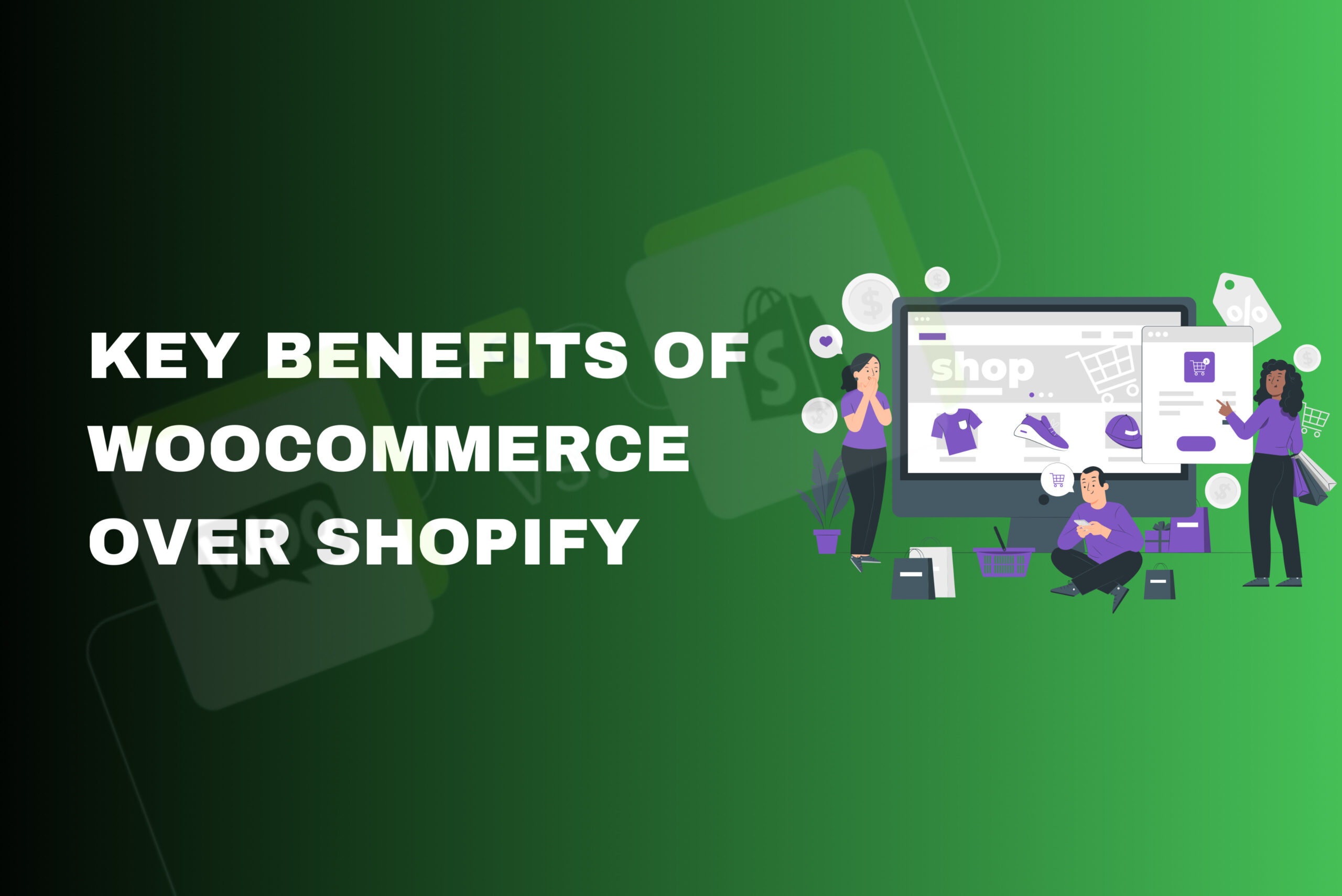When starting your e-commerce store, Shopify will seem like a great platform to opt for. It’s fairly easy to use, and you can manage almost the entire operation in one place. But once you get to scale and need more customization, you might find limitations with your Shopify store.
On the other hand, WooCommerce (an e-commerce plugin on WordPress) offers much more customizability and features for growing businesses to take advantage of. There’s a fairly large plugin ecosystem that adds to the features of the platform. It’s easier to scale because you have more control over the coding and back-end. And probably the most important, it’s more cost-effective for growing businesses because there’s no subscription fee to pay.
Key Benefits Of WooCommerce Over Shopify
1. Open source and customization
Shopify offers an easy-to-use platform where everything required to operate an e-commerce store is built in from the get-go. Users don’t have to deal with the complexity of coding within the backend part of the website. But the drawback of this is the lack of customizability and flexibility in creating a website according to your vision because the code isn’t open source and accessible.
On the other hand, WooCommerce is an open-source platform, which means the code is freely available for anyone to use, modify, and distribute. As such, users can customize their site according to their vision without anything holding them back.
The open-source nature of WooCommerce has also created a rich and active developer community that contributes by creating exciting new e-commerce features in the form of plugins.
Compared to Shopify, WordPress gives more options in terms of features to choose from. So, if you’re considering switching from Shopify to WordPress, this might provide valuable flexibility.
2. More control and ownership
When you are using Shopify, you are simply renting a platform’s space to host your website. Everything is controlled and owned by the Shopify platform, and you have limited control over many aspects of your website.
Compared to Shopify, WooCommerce provides complete control and ownership to you. You can choose to host your site on your server, retain complete control over your website’s data, stay free of any platform restrictions, and add custom code to enhance capabilities.
3. Lower cost
WooCommerce is significantly cost-effective to use compared to Shopify for e-commerce stores.
Shopify charges users a sales commission on all sales which ranges from 0.5-2%.
- If you are a small business owner, this commission can be a burden given limited financial resources.
- If you are a large business owner, this commission can add up to be a hefty amount, considering your large sales volume.
In both cases, the sales commission burdens any e-commerce site owner’s pocket. On the other hand, WooCommerce does not charge any sales commission.
On top of that, Shopify has a monthly subscription fee that all users pay to use the platform, where pricing varies based on the features you opt for. WooCommerce (and WordPress) is completely free, and you don’t have to worry about monthly subscription fees, especially when scaling your business.
Let's create your e-commerce website together
Looking to create an e-commerce website? Don’t worry, I am here to help! Just tell me what you need and I promise to make the process effortless for you. Let’s get started!
4. SEO optimization
Organic traffic from search engines like Google accounts for a major part of sales for many e-commerce stores and is an integral part of marketing strategies. While SEO might not seem like an issue for e-commerce stores starting, being limited to optimizing for SEO can be an issue once you start growing and need to optimize to maximize your sales.
With Shopify, you’re notoriously limited with SEO because of the limited ability to technically optimize many important aspects of your website. This includes limited ability to create search engine optimized URL structures, limited structured data customization, limited pagination and canonicalization support, limited robots.txt file control, limited blog optimization, and much more. This also includes limited options for speed optimization of a website, which might affect SEO significantly.
In contrast, WordPress is the leading tool when it comes to SEO optimization. Most of the sites that rank on Google are built on WordPress, and you have a lot of customizability to optimize your site the way you want it. You also have access to multiple SEO plugins that can help you manage this.
5. Speed optimization
WooCommerce’s flexibility and customizability compared to Shopify make it easier to optimize your site speed without any platform limitations involved. You can lower the time it takes for users to open your site by choosing from a diverse range of speed optimization plugins available.



